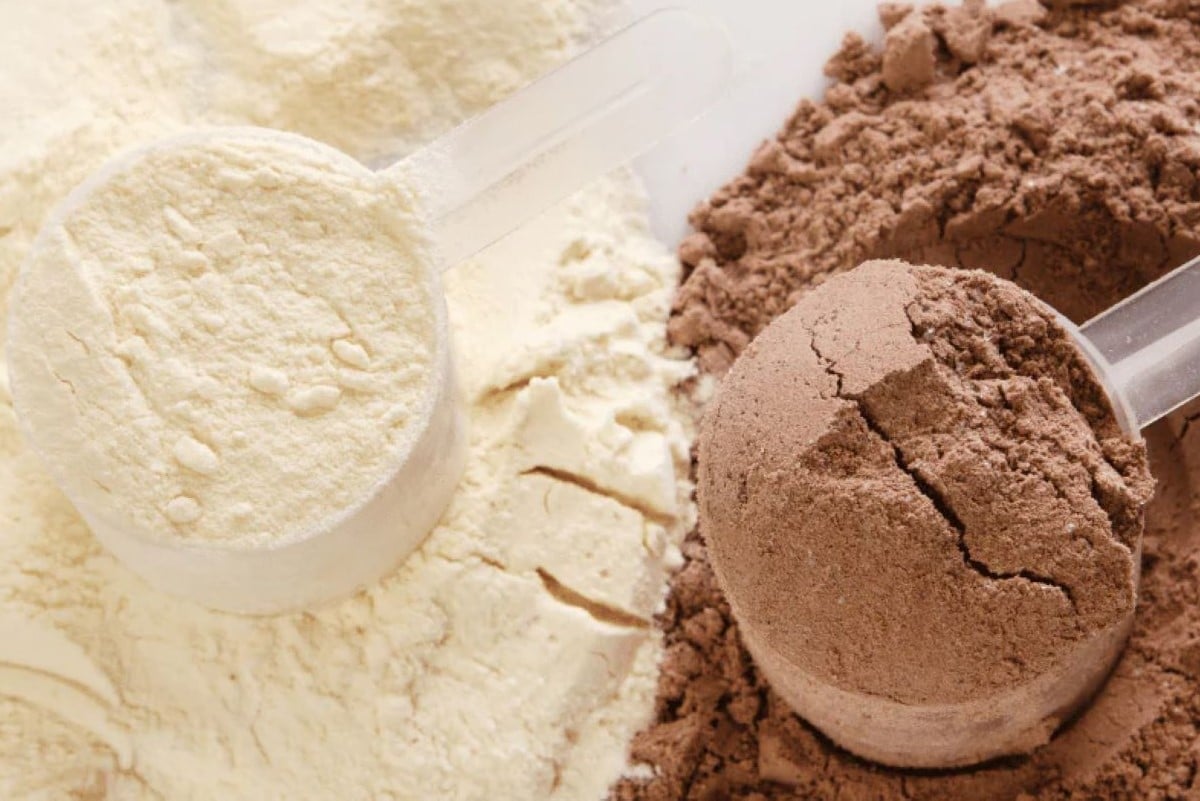5 Proven Strategies For Women To Burn Fat Effectively
Welcome to our blog post on how women can effectively burn fat and achieve their goals! The journey of burning fat can seem daunting, but with the right strategies and tips, you’ll be able to get closer to your desired body shape. In this article, we will discuss the various benefits that come with losing … Read more











